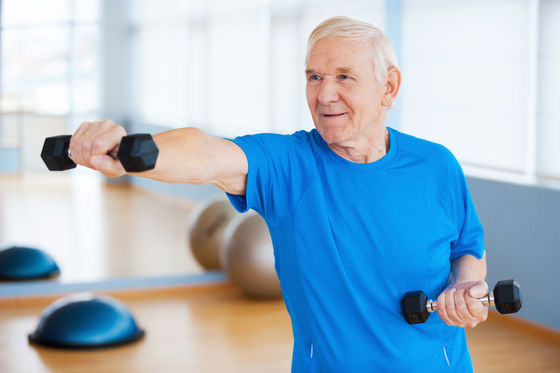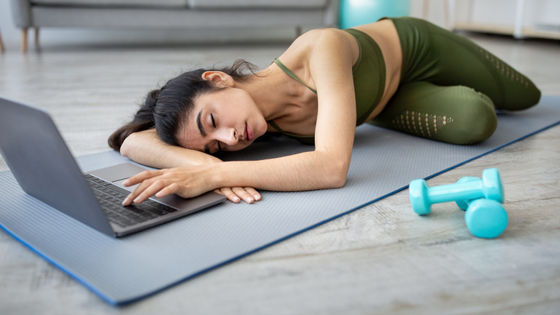Research shows that the best exercise to overcome sleep deprivation and insomnia is 'muscle training'

Previous research has shown that
New Research Reveals the Best Exercise for Beating Insomnia
https://scitechdaily.com/new-research-reveals-the-best-exercise-for-beating-insomnia/
Muscle strengthening exercise may help tackle insomnia in older adults
https://www.news-medical.net/news/20250304/Muscle-strengthening-exercise-may-help-tackle-insomnia-in-older-adults.aspx
Resistance Training: The Optimal Approach to Combat Insomnia in Older
https://bioengineer.org/resistance-training-the-optimal-approach-to-combat-insomnia-in-older-adults/
According to a research group at Mahidol University Ramathibodi Hospital in Thailand, sleep quality tends to deteriorate with age, with one in five elderly people experiencing insomnia. Lack of sleep can lead to poor performance and absenteeism at work, and can also be a risk of cognitive decline and Alzheimer's disease, especially for the elderly. Many past studies have shown that various types of exercise are effective in resolving these sleep problems, but it was previously unknown what type of exercise is most effective.
The research group conducted a thorough search of papers on exercise and sleep published up to October 2022, collecting and analyzing data on how symptoms in insomnia patients changed with different types of physical exercise, daily activities, standard treatment, and other non-exercise interventions.

The analysis included data from 24 clinical trials involving 2,405 adults aged 60 years or older (mean age 70 years). All participants in the included studies had been formally diagnosed with insomnia, and their sleep quality was compared using the Global Pittsburgh Sleep Quality Index (GPSQI).
The types of exercise included aerobic exercise such as cycling, dancing, swimming, brisk walking and gardening;
When the researchers analyzed the data using network meta-analysis, a statistical method that can combine both direct and indirect intervention effects, they found that strength training and resistance exercise significantly increased GPSQI scores by 5.75 points, compared with 3.76 points for aerobic exercise and 2.54 points for combined exercise.
In other words, strength training was the most effective at improving insomnia, regardless of whether it was weight training using dumbbells or machines, or resistance exercise using your own body weight.

Strength training doesn't necessarily have to be hard and strenuous: Half of the exercise sessions in the studies were light to moderate in intensity, with an average session lasting just over 50 minutes, and taking place two to three times a week. The average duration of the exercise program was 14 weeks.
The researchers cautioned that the studies included in the study varied in design and methodology, and there was little data on specific types of exercise, and some studies did not include data on the intensity of exercise.
The research team concluded that 'exercise, particularly strength-building and aerobic exercise, is beneficial for improving subjective sleep quality at a clinically significant level compared with usual activity.'
Related Posts:
in Science, Posted by log1l_ks







